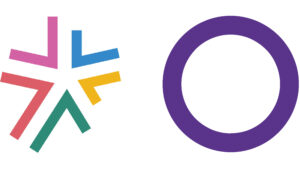Media statement – International Classification of Diseases 11 and intersex people

More than 50 intersex-led organisations and groups from every region of the world have signed a joint statement to the World Health Organization condemning the repathologisation of intersex variations as “disorders of sex development” in the WHO International Classification of Diseases 11 (ICD-11), and medical classifications that promote early surgical intervention to “fix” intersex bodies.
Mauro Cabral Grinspan (GATE) and Morgan Carpenter (IHRA) are present in Geneva during the World Health Assembly that will approve the ICD-11, and have led some actions on the ICD-11, including drafting submissions and a journal article.
Morgan Carpenter, co-executive director of Intersex Human Rights Australia (IHRA) says:
“We have been dismayed that the World Health Organization has deepened the pathologisation of intersex traits in the ICD-11. The ICD-11 will not only introduce a controversial language of “disorders of sex development” into the ICD, which we know promotes ideas that intersex bodies need to be “fixed”, the ICD-11 Foundation contains information that requires early surgery based on technical rationales, heteronormative ideas and gender stereotypes, and that support genetic deselection as an alternative to early surgery. These ideas, including that it is “easier to make a hole than build a pole”, have long been discredited, and they violate human rights – including the right to bodily integrity, freedom from harmful practices, ill-treatment and discrimination, and the right to privacy.”
Mauro Cabral Grinspan, executive director of GATE, says:
“We urge WHO to open an immediate, public and transparent dialog with intersex advocates and experts, to work with us to dismantle decades of torture and ill treatment in medical settings. Medical institutions and professional associations must align themselves with human rights standards, making sure that classifications, protocols and treatments are fully compatible with those standards. Intersex people around the world have the right not only to be protected from pathologisation, but also to have full access to reparative justice and to universal health coverage”.
Over many decades intersex people have been assumed to be invisible and silent. That assumption has proven to be wrong, and this statement reaffirms the intersex movement commitment to promote collective global change.
Read the statement (English / español / русский / français / italiano / 中文 / suomi / polski)
Originally posted on the IHRA website